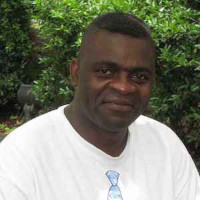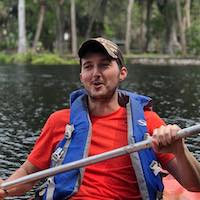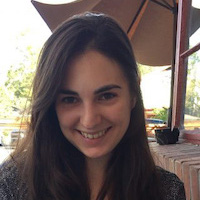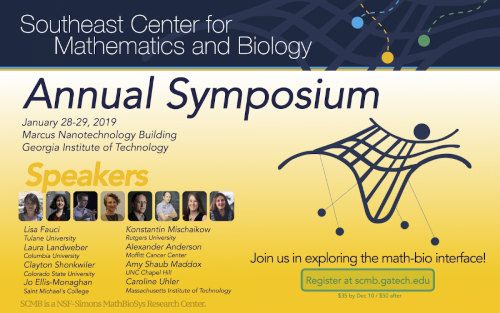
Calistus Ngonghala (UF Mathematics)
368 Little HallGeneral ecological models for human subsistence, health and poverty. Part 2. The world’s rural poor rely heavily on their immediate natural environment for subsistence and suffer high rates of morbidity and mortality from infectious diseases. We present a general framework for modeling human subsistence and health of the rural poor based on coupling simple models …







